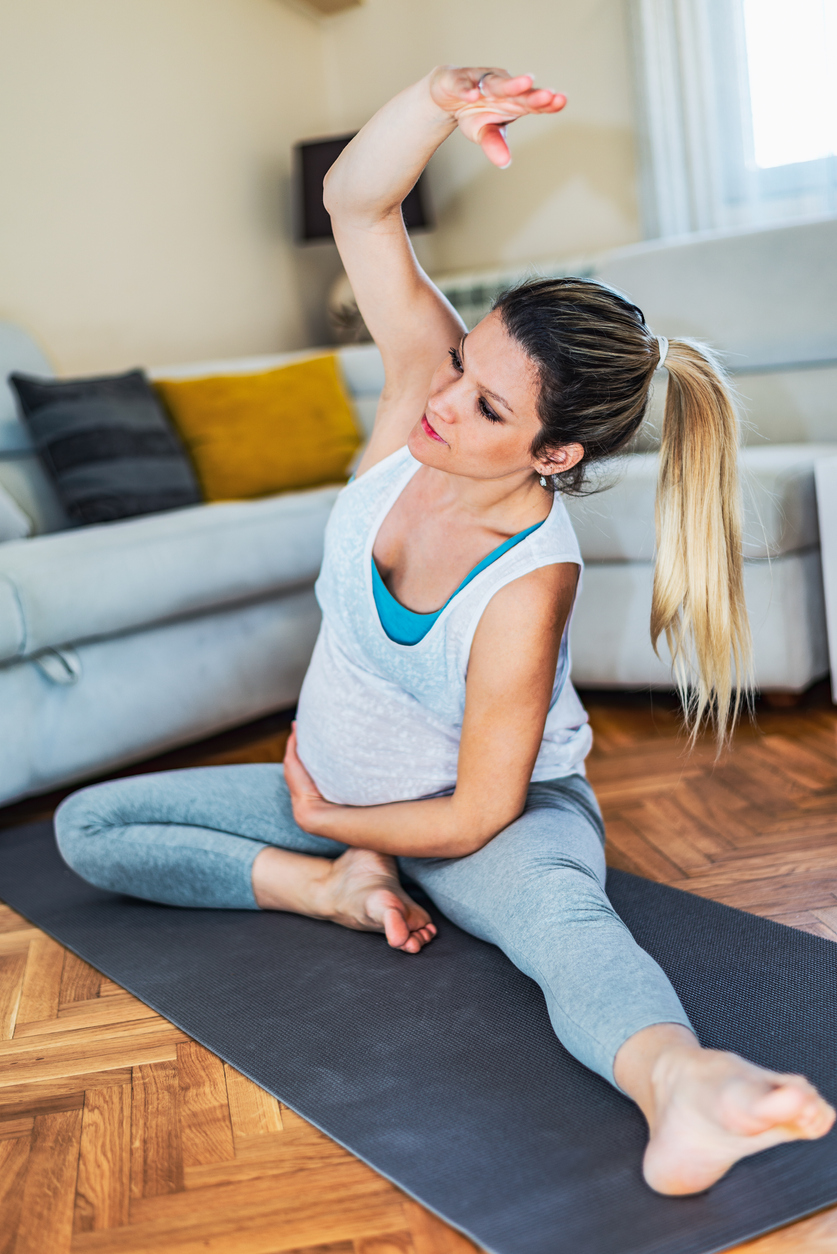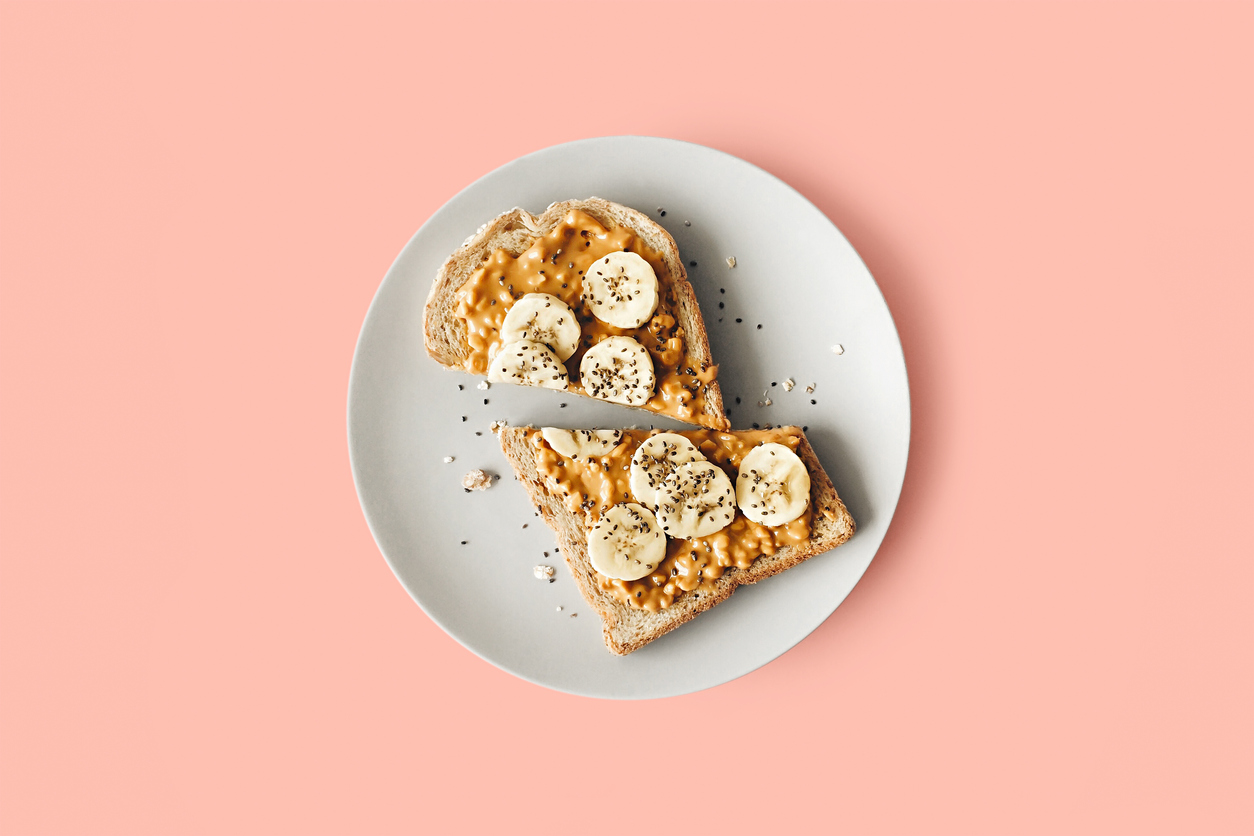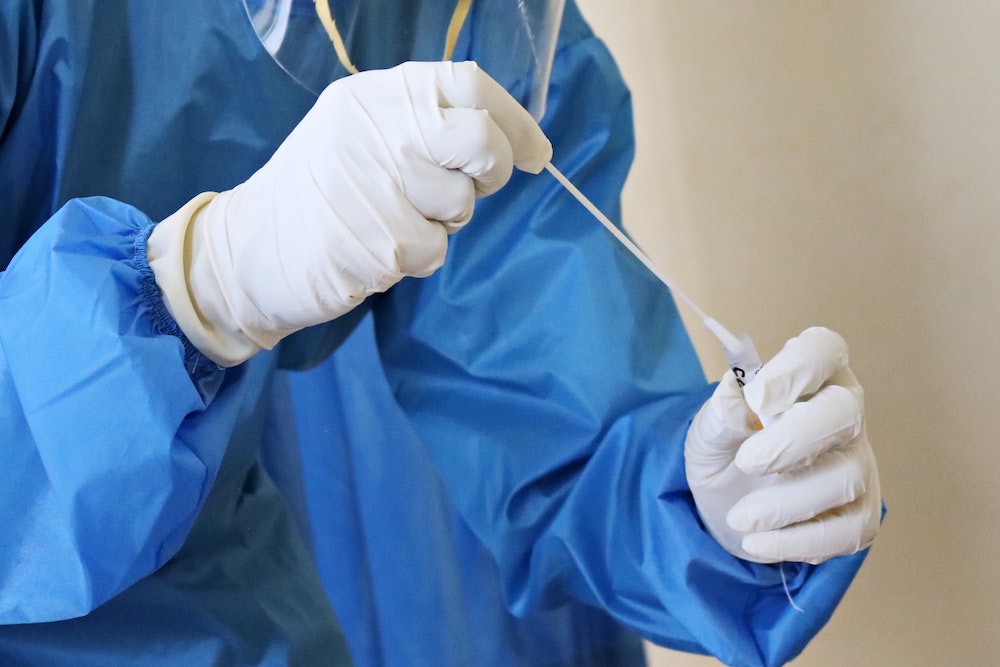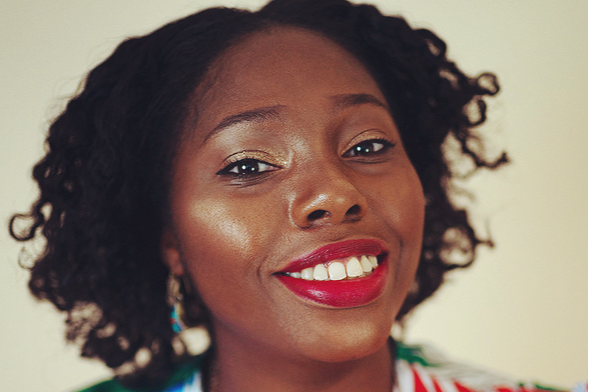Pregnancy can be an anxious time for many women, and the threat of COVID-19 can certainly add to any worries you have.
UK parenting charity the National Childbirth Trust (NCT) has reported a rise in the number of women contacting its helpline with concerns about their pregnancy.
If you’re pregnant, you’re at higher risk of becoming seriously ill if you get COVID-19. There’s also a higher risk of premature delivery and if you get COVID-19 late on in your pregnancy your baby may also be affected.
So, it's strongly recommended you get vaccinated to protect you and your baby. The vaccine is safe and effective in all stages of pregnancy. If you feel anxious about the vaccine, it’s worth discussing with your doctor. You should also follow the same steps to protect yourself as everyone else, including washing your hands regularly and keeping a distance when out in public, especially when you’re over 28-weeks pregnant.
Staying healthy during your pregnancy while COVID-19 is still around can be difficult. But there are things you can do. Read on to discover how to stay healthy, both mentaly and physically, throughout your pregnancy.

Mental wellbeing
According to UK charity the Maternal Mental Health Alliance, more than 1 in 10 women in the UK develop a mental health problem like anxiety during pregnancy or in the year after giving birth.
But the pandemic is now causing a rise in levels of anxiety.
The NCT’s Head of Insight and Engagement, Sarah McMullen, said that women who contact the charity’s helpline are particularly anxious about the possibility of having to give birth without a partner, whether it’s safe to attend antenatal appointments, and if maternity services will be able to cope.
Reports also show that pregnant women are anxious about getting COVID-19 and having less support from friends and family as a result of social isolation.
If you’re feeling more anxious than usual, there are things you can do to cope.
Take part in activities you enjoy as this can give you focus and relief from anxious thoughts. Also try to keep your mind active by reading, playing games, completing puzzles, drawing or writing.
If you can’t do the things you usually enjoy because of the lockdown, then look for alternative solutions online. Resources that may help include Every Mind Matters and this series of mental wellbeing audio guides from the UK’s National Health Service (NHS).
Read more about how to look after your mental health during lockdown.

Keep exercising
It might seem difficult to stay physically active when you’re at home, but exercising during pregnancy can improve your mental health as well as help you to cope with labour and lower your risk of common pregnancy-related problems, such as constipation or cramp.
Regular exercise can also help to:
- improve sleep
- boost mood
- lower high blood pressure
- reduce stress, anxiety and depression
- reduce swelling in the ankles, feet and hands
- lower the risk of pre-eclampsia (a condition that affects some pregnant women)
These benefits are especially important during lockdown, which may be having a negative impact on your sleep, mood and anxiety levels.
Some forms of exercise - like swimming or aquanatal classes - may not be available, but there are other ways to stay active, especially as many fitness instructors and personal trainers are currently offering their classes online.
If you’re able to go outdoors, a 30-minute walk once a day can help to lower stress levels, boost energy and enhance sleep quality. Alternatively, you could try:
- running or cycling outdoors (only do more vigorous aerobic activity if you’re used to it - if not, stick to walking)
- aerobics - if you practised aerobics before your pregnancy, this may be a good exercise to continue at home
- pilates or yoga - these can help you to stay flexible and strengthen the muscles around your pelvis and spine (find pregnancy-specific classes online to make sure you only practice safe exercises)
- dancing - find an online class or practice via lessons on YouTube
Some types of exercise are not recommended during pregnancy, including contact sports like kickboxing or judo. But in general, exercise is safe for most pregnant women.
You should only exercise, however, if a doctor has told you it’s safe to do so and/or you have no coronavirus symptoms.

Eat well
Eating a balanced and varied diet is important during pregnancy as it will help your baby to grow and develop.
If you’re having to minimise trips to buy food, picking up fresh produce regularly could be a challenge. Look to your kitchen cupboard and freezer for inspiration, and try to be creative and swap out some ingredients if you can’t get your usual fresh foods.
You could also try to cook a few things in bulk to store in the freezer.
A nutrient-rich diet is a vital part of a healthy lifestyle generally, but it’s especially important if you’re pregnant. Try to:
-
Eat at least 5 portions of fruit and vegetables every day. This can be fresh, canned, frozen, juiced or dried fruit. Aim to vary the types of fruit and vegetables you eat, and remember to wash fresh produce first.
-
Choose wholegrain varieties of carbohydrates such as brown rice, wholemeal bread or wholewheat pasta to make sure you’re getting the fibre, vitamins and energy you need. Just over a third of the food you eat should be carbohydrates.
-
Eat 2 portions of fish a week and have a variety of pulses, beans, nuts and lean meats for protein. If you’re vegetarian, focus on eating pulses, eggs and fortified cereals. Most of these types of foods can be stored in tins or kept in a freezer.
-
Eat yogurt, cheese and milk for calcium, or unsweetened soya drinks and yoghurts fortified with calcium. Cheese and milk can be kept in a freezer until needed -- but remember that certain cheeses should be avoided during pregnancy, including ripened soft cheeses, soft blue cheeses and food made from unpasteurised milk.
Find out how to get the nutrients you need if you follow a vegetarian or vegan diet.

Stay healthy when snacking
While at home, it may be tempting to reach for more snacks than normal. Try to avoid foods that are high in saturated fat or sugar, like crisps or biscuits. Instead, nibble on:
- nuts
- fresh fruit (aim for a variety each week)
- raw carrots, celery, cucumber, peppers
- hummus
- sandwiches with tuna, lettuce, cheese or sardines
- plain yogurt
Get more guidance on the foods to avoid during pregnancy.
If you think you may have coronavirus, you can use our COVID-19 Symptom Mapper to check your symptoms and compare them with others around the world.
This should give you a better understanding of how the illness is affecting you and will help us to map the spread of the outbreak.






